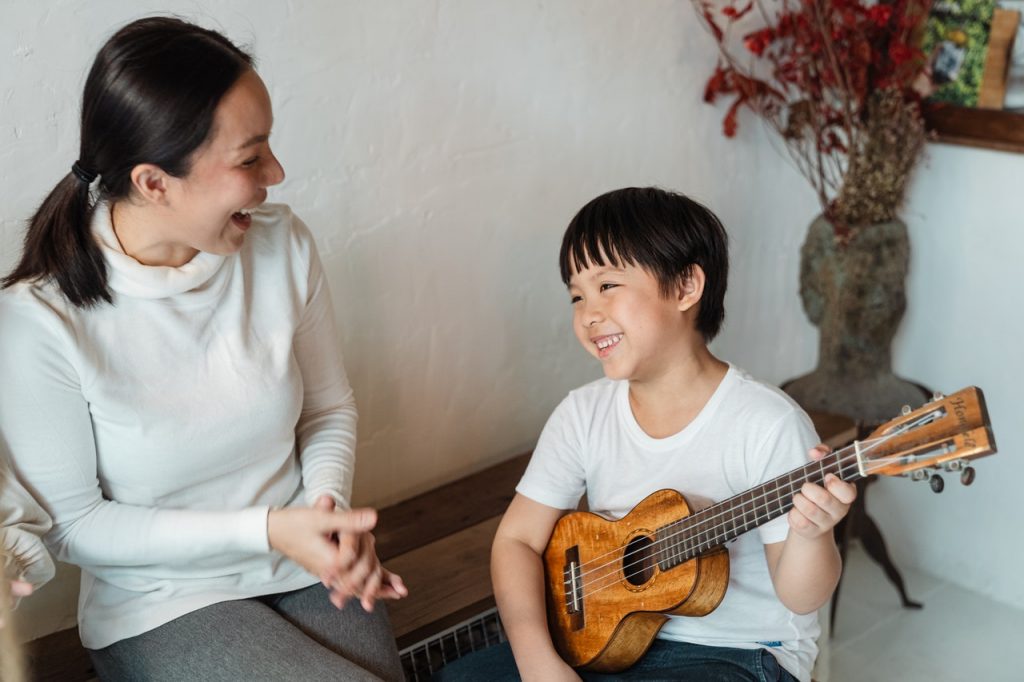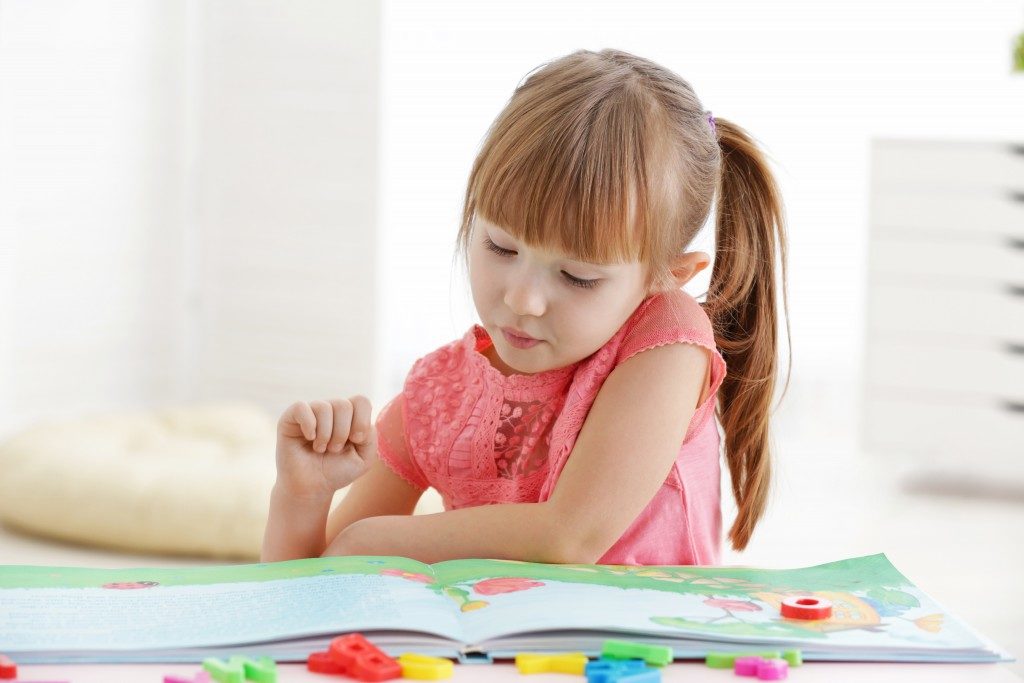It’s been half a year since the stay-at-home orders were implemented. Although some states are easing restrictions, the main recommendation is still to stay indoors whenever possible. This is especially true for children, as they have a higher risk of contracting the virus compared to adults.
Your children are probably reeling to go outside and spend time with their friends or go to their favorite parks. They may be bored with all the indoor activities you’ve been providing them with, too. If you’re fresh out of ideas, have them learn an instrument.
Sure, the eagerness to learn how to play one depends on your child’s personality and interests. Some kids may be excited to add a new skill to their arsenal. Others may find memorizing scales and harmonies boring. However, learning an instrument isn’t just about fun. Whether they’re getting professional lessons on guitar playing or mastering the drum set, the activity has a variety of mental health and learning benefits for your kid.
Here’s why they should give this activity a try.
It Improves Motor Skills
Learning an instrument at a young age helps your kid get better at coordinating their eyes and mind with their hands, feet, and even mouth — if they play wind instruments. Developing and improving one’s motor skills is always beneficial, as it helps them in a variety of other activities, like writing, drawing and playing sports.
It Grows the Brain
A dated, but fascinating study by Harvard neurologists found that the gray matter of adult professional musicians had a larger volume than those of non-musicians. The gray matter houses most of the brain’s neurons. It’s associated with sensory perceptions like hearing, seeing, decision-making, self-control, memory, speech and emotions. It’s also the part of the brain that’s closely involved with muscle control.
The listening, timing, and coordination challenges that come with learning a musical instrument also creates multiple neural connections. The more connections, the better the brain functions. Not only will they have better control over their motor skills, but they’ll also be able to understand and memorize information better than if they didn’t learn an instrument. This helps them as they grow older because clerical skills, like problem-solving, organization, multi-tasking and time management all get developed as your kid learns how to use their instrument and create music with it.
Another paper, published in the Neuropsychology Journal, studied 70 healthy older adults. They were split into three groups: those who had been learning an instrument for over a decade, those who have been learning how to play for around one to nine years, and those who have never learned how to play an instrument. The researchers gave them neuropsychological tests.
The first group scored the highest in visuospatial and nonverbal memory, understanding new information, and naming objects. Those who studied for one to nine years were in the middle. And those who haven’t tried to learn an instrument at all placed last. This implied that the more time one spent learning an instrument, the more brain benefits they gained. The author of the study suggested getting musical training before the kids even reach the age of nine and keeping the training up for about a decade or so. This is because the brain absorbs more information and makes better connections early in life.
It Teaches Discipline and Hard Work
Unless your child is a natural genius at their instrument, they won’t be great at it on their first try. They’ll have to work hard and be patient about their progress if they want to succeed with their instrument of choice. This also applies to a lot of skills in life. They need to put in their hours of practice every day if they want to be good at something.

It Boosts Confidence
Learning an instrument also improves your child’s self-esteem and confidence. Nothing can match the amazing feeling of getting better at their chosen instrument. If they perform their piece perfectly in a recital, it’s a huge confidence boost. Learning music also involves receiving and understanding feedback from their instructors and peers. This lets them learn to keep a level head in everything they do and that there’s always room for improvement.
It Helps Them Communicate
Playing an instrument encourages creativity and self-expression. The best pieces of music are mostly the ones that have a deep personal connection with their authors. Music lessons not only teach your kid how to perform technically and musically great pieces, but they also encourage them to create their own compositions. If your child has trouble communicating their emotions, they might end up expressing it their way through their own music.
Learning an instrument isn’t just a stay-at-home pasttime for your kid. Music lessons have a wide variety of cognitive and mental health benefits that stick with your child as they grow up. Whether they want to go all out with rock music or keep it smooth with jazz, your kid is sure to develop these advantages while having fun performing their favorite compositions.



